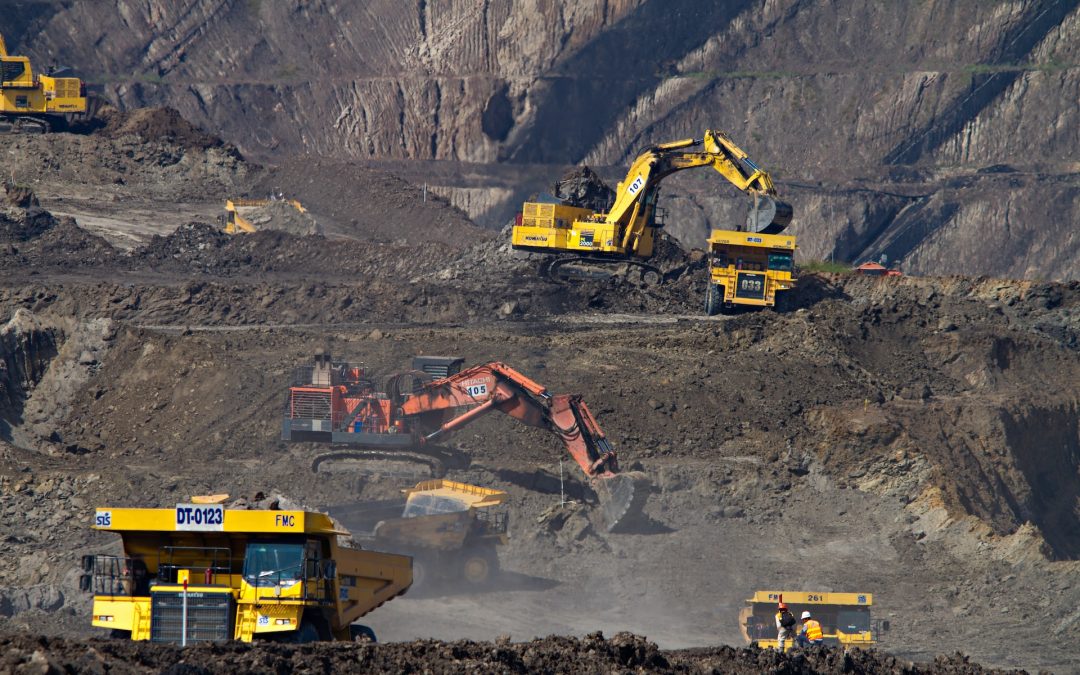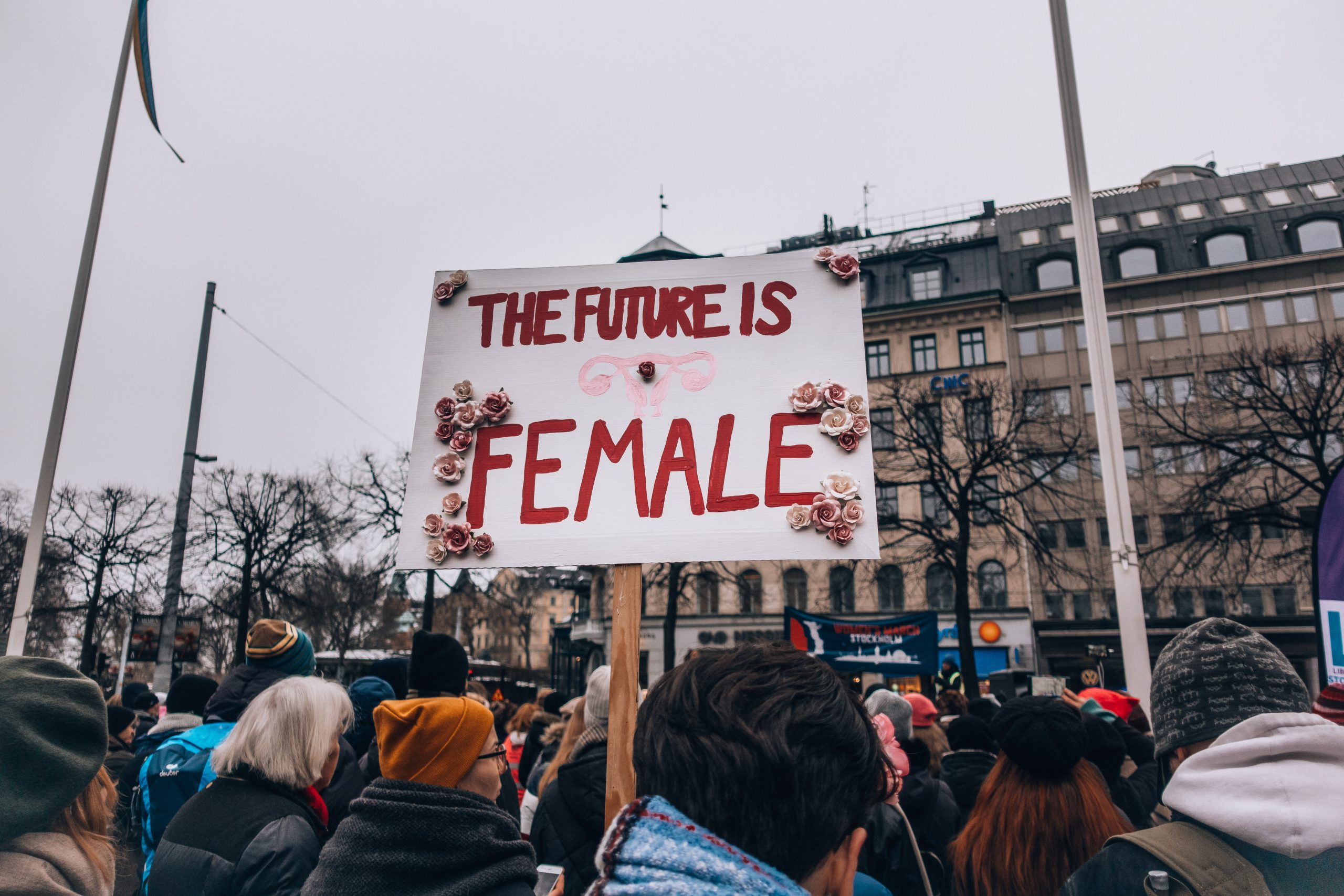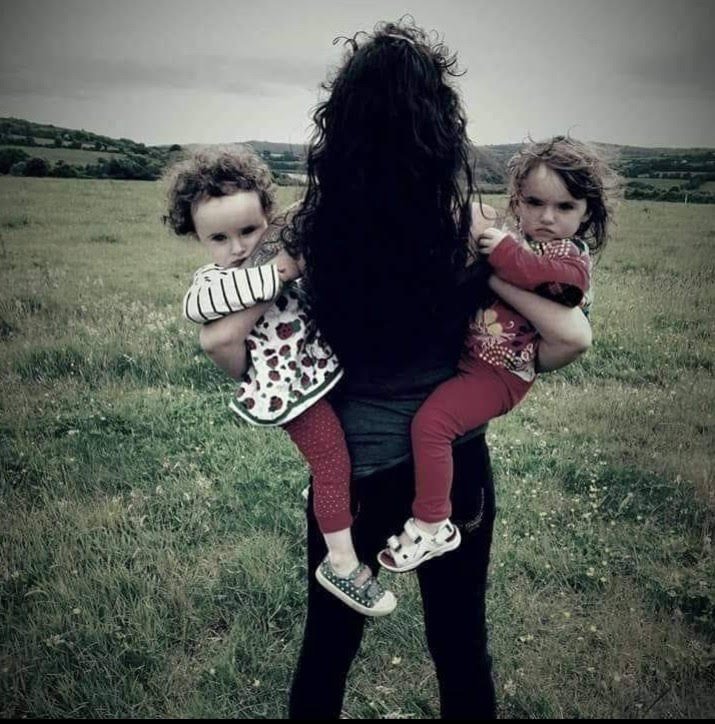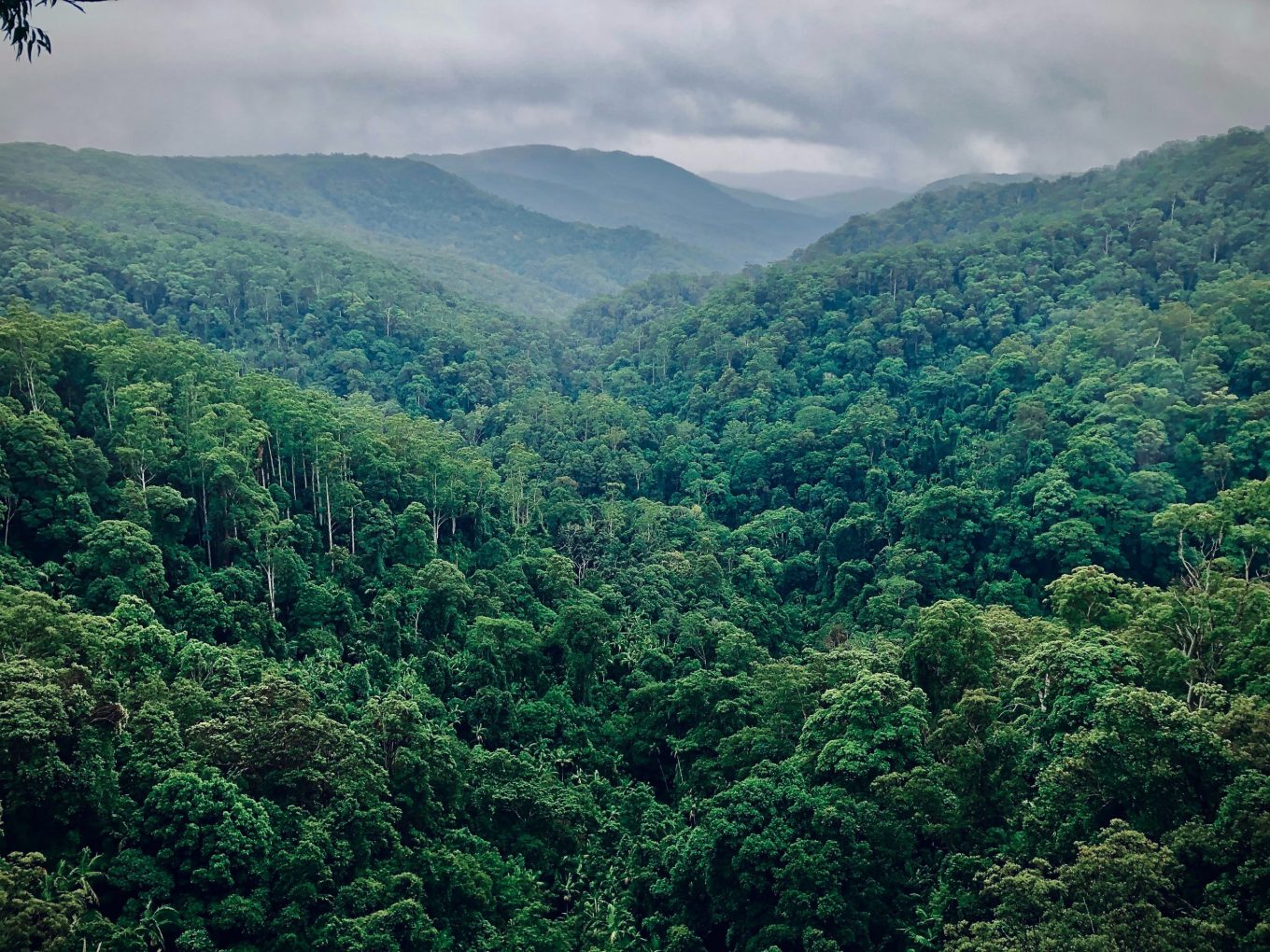“Men as a class are waging a war against women, rape, battering, incest, prostitution, pornography, poverty, and gynocide are both the main weapons in this war and the conditions that create the sex class women. Gender is not natural, not a choice, and not a feeling. It is the structure of women’s oppression. Attempts to create more “choices” within the sex caste system only serve to reinforce the brutal realities of male power. As radicals, we intend to dismantle gender and the entire system of patriarchy which it embodies. The freedom of women as a class cannot be separated from the resistance to the dominant culture as a whole”
This is an excerpt from the Deep Green Resistance statement of principles, and reading this affirmed to me that it was the lack of this understanding that limited my alignment with the mainstream environmental and political groups in which I was immersed.
This recognition of the interrelation of the struggles of women and the living world is one of the aspects of our analysis that people often seem to find the hardest to understand, so I’m going to speak a little about that, share some thoughts regarding obstacles facing female activists, and the importance of sisterhood in the work that we do.
Firstly, as radicals, we seek out the root of the problems facing us. These “problems” consist of material institutions of oppression and ideologies which sustain the narrative of the powerful.
The corrupt and brutal power arrangement of patriarchy needs an ideology and we call it gender. The parallels between the ideology of racism, necessary for white supremacy, may seem obvious, yet there appears to be endless resistance to applying a class analysis to the struggle of women. Even in the most “progressive” circles, there is a silent understanding that when push comes to shove women can always be used as collateral damage. Women are viewed in the same way as the living world, simply a natural resource to be used by the ruling male class as he sees fit.
On the left we see this in the cheerleading for the full decriminalisation of the sex trade, the cheerleading of gender recognition legislation stripping our sex based protections, the minimization of the continuum of male violence which every woman and girl is forced to navigate, and the perpetual dismissal of the value of our domestic labour which enables the family and society to function at all.
Ecofeminism challenges this commodification of women’s bodies, labour and knowledge, while also challenging the patriarchal reconceptualisation of nature as a machine, as a resource, and as an “other”.
So why do we need to challenge this? Let’s talk for a moment about where the capitalist patriarchy has brought us.
Current atmospheric C02 – 411.40ppm – for anyone who isn’t aware of the figures, anything above 350ppm is considered unsafe.
According to the 6th climate assessment by the intergovernmental Panel on Climate Change we have already warmed the planet by 1.2(Global temps Jan – Oct 2020) degrees above pre industrial levels. In 2019 the concentration of carbon in the atmosphere was higher than at any period in the last two million years, concentrations of methane and nitrous oxide – both more potent than C02, were higher than at any period in the last 800,000 years.
On our current trajectory we are expected to achieve a 1.5 degree temperature rise within 20 years from now. The IPCC authors worst case scenario emissions double by 2050 we would achieve a 2.4 degree rise by between 2041 and 2060. Then almost double by 2100
For anyone who’s unsure what that means, its game over.
For every half degree of warming the frequency and intensity of natural disasters increases. More wildfires, more flooding, more drought, more food scarcity, and increasingly violent resource wars
More than 90% of the heat trapped by humanity’s greenhouse gas emissions has been absorbed by the seas. Anthropogenic global warming has heated the oceans by the equivalent of one atomic bomb explosion per second for the past 150 years.
This means more acidification of our oceans, further devastation of marine life, and severe disruption of currents critical to seasonal weather patterns.
The emergence of new strains of zoonotic disease, and the expansion of vector borne diseases due to habitat destruction and warming climate.
Intensified neo-colonialism of global north companies which continue pillaging communities in the global south.
Last October we formed a coalition called Shale Must Fall which targets the fracking industry, connecting communities at extraction points and communities at the point of consumption. We attempt to bridge these communities and incorporate the testimonies of front line activists into global actions, targeting the headquarters/operations of these climate criminals.
Our members in Chihuahua gave us a stark insight into the reality of water shortage. Last September National Guard troops clashed with hundreds of farmers protesting the government decision to ship scarce water supplies from their drought stricken region to Texas. Due to the 1944 Water Treaty, the water was “owed” to the US.
One woman was shot dead during the standoff and others injured. It is strongly suspected that the Mexican water was bound for the fracking industry in Texas, while the people of Chihuahua were denied water to drink, wash and farm.
Similar horrors are playing out in the Okavango Delta, where a Canadian company – ReconAfrica plan to frack one of the great delta’s of the world and the wealth of life that she sustains. Our activists in the region are fighting this company, some are mothers, carrying young children on their hips while facing threats of violence and death.
As resources dwindle, this is the future we face. The merciless destruction of non human and human communities as industry, protected by government, continues to devour what’s left in a desperate attempt to maintain their malignant infinite growth model on our finite and fragile home.
And what does all this mean for women?
Climate collapse compounds and magnifies existing inequalities, dangers and the risk and occurrence of male violence, so let’s talk a little about what women are facing currently:
UN figures indicate that 80% of people displaced by climate change are women. Roles as primary care givers and food providers making us more vulnerable.
As we all know women are more likely to experience poverty and to have less socioeconomic power than men making it more difficult to recover from disasters which affect infrastructure, jobs and housing.
An example of this is after Hurricane Katrina more than half the poor families in New Orleans were single mothers dependent on community networks for resources and survival. The disaster eroded those support networks placing women and children at far greater risk.
An Oxfam report into the 2004 tsunami found that surviving men outnumbered women by almost 3:1 in Sri Lanka, Indonesia and India. It appears that women lost precious evacuation time trying to save children and other relatives.
Another study spanning 20 years noted that catastrophic events lowered women’s life expectancy more than men; more women were being killed, or being killed younger. The difference reduced in countries where they had greater socioeconomic power.
As for male violence
- According to UNIFEM in South Africa a woman is killed every 6 hours by an intimate partner.
- A woman is reported beaten every 18 seconds in the US.
- A 2007 study found that 22 women in India were killed each day due to dowry related murders.
- In Guatemala, two women are murdered on average every day.
- In India a woman is reported raped every 20 minutes.
- More than 60 million girls worldwide are child brides
- In Sao Paulo, Brazil a woman is assaulted every 5 seconds.
- UNITE estimates that up to 70% of women experience violence in their lifetime.
- World Bank data indicates that amongst women ages 15 – 44 acts of male violence cause more death and disability than from cancer, car accidents, war and malaria combined.
The pathology of masculinity is ravaging women and life on this planet, and its structures will not have a spontaneous change of heart. The capitalist patriarchy will continue to destroy until it is stopped by force, and we as women are the only ones who can lead this.
Patriarchy
Rosemary Radford Ruether said; “Women must see that there can be no liberation for them and no solution to the ecological crisis within a society whose fundamental model of relationships continues to be one of domination.”
In this age of science and development we are funneled into a productivist mode of interaction, rather than a relational mode of interaction, with nature, women and children suffering most within this sterile framework. Capitalism, individualism and masculinity have created a perfect storm, destroying the balance of organic communication and connection.
Central to masculinity is the male violation imperative.
Lierre Kieth writes;
“Masculinity requires what psychologists call a negative reference group, which is the group of people “that an individual … uses as a standard representing, opinions, attitudes or behavioral patterns to avoid”. Boys in patriarchal cultures create negative reference groups as a matter of course. Boys first despised other is, of course, girls. No insult is worse than some version of “girl”, usually a part of the female anatomy warped into hate speech. But once the psychological process is in place, the category ”female” can easily be filled with any group that a hierarchical society needs dominated or eradicated.
A personality with an endless drive to prove itself against another, any other, combined with the entitlement that power brings, creates a violation imperative. Men become ‘real men’ by breaking boundaries, whether it’s the sexual boundaries of women, the cultural boundaries of other peoples, the political boundaries of other nations, the genetic boundaries of species, the biological boundaries of living communities, or the physical boundaries of the atom itself
The real brilliance of patriarchy is that it doesn’t just naturalize oppression. It sexualizes acts of oppression. It eroticizes domination and subordination, and then it takes that eroticized domination and subordination, and institutionalizes that into masculinity and femininity. So it naturalizes, it eroticizes, and then it institutionalizes.
The brilliance of feminism is that we figured that out.”
We are living within overlapping systems of oppression. He would like us to think that it’s inevitable, that it’s human nature, but its not.
According to indigenous wisdom the world is made up of live, sentient beings to be in relationship with, individual obligations to fulfill to allow the entire web of life to function.
To the mind of the dominant culture the world is made up dead resources, objects to sell and orifices to fuck. Neoliberalism and identity politics have ensured a myopic culture of individualism. The aim is to disconnect us from the land, from each other, and even from our own bodies, which this culture teaches us to despise and contort from early childhood.
This lie of disconnection is embedded into our religions, laws and economics. These systems have all been designed to maintain an unnatural social order for his benefit, and here he has brought us to the brink of extinction, bloodied, brutalised but still resisting, because as women we know it doesn’t have to be this way, in our bones we can remember another world, and every one of us still carries it with us.
The Matriarchy
Renowned matriarchal historian Heide Göttner-Abendroth writes;
“Therefore, from the political point of view, I call matriarchies egalitarian societies of consensus. These political patterns do not allow the accumulation of political power. In exactly this sense, they are free of domination: They have no class of rulers and no class of suppressed people, and they need no ’enforcement bodies’ such as warriors, police, or controlling and punishing institutions that are necessary to establish domination of a majority of people”
We know this was a reality for thousands of years, and if there is to be any hope for women or for the Earth it must become reality again.
Taking power back – Organising as women
To organise effectively as women we need, above all else, true sisterhood and solidarity. How do we take the learnings from matriarchal organising and apply them to our own organisations and campaigns?
As in any other area of life, there can be enormous pressure to replicate the dominant culture within our group dynamics. Like mothers we need ferocious gentleness, protectiveness and loyalty. Sometimes it is difficult to maintain focus, but it’s vital that we refuse to loose sight of our common cause and that we employ a great deal of forgiveness and understanding for the women we work alongside.
Moving through politics and activism as a working class single parent I’ve witnessed a stark lack of recognition of class privilege. The reality of working class women and mothers is unique, as is their perspective. To be inclusive of those voices, and other women facing constraints, the hierarchies of time, money and education need to be taken into account and adapted for. if we want to be in solidarity with women who are often the most vulnerable in our communities we need to organise with them in mind. We need to practice what we preach so all women are empowered to become part of the movement.
Obstacles
Controlled opposition– as activists we need to constantly assess the efficacy of our actions, the possible repercussions and the impact on our targets. We need to be aware of how the media and the state will use our movements to suit their own ends. We need to be well educated and aware of how government forces infiltrate, co-opt, and neutralize activist networks.
False solutions – The false belief that technology can save us, that more extractivism, more industry, more destruction of habitat will somehow make our way of life sustainable. The environmental movements role should be to protect the living world, not to protect our way of life or to reinforce the culture of empire.
The false belief that we can somehow negotiate with those in power – Electoral politics and NGO’s have proven themselves untrustworthy time and time again, resistance must come from the grassroots. There is a dangerous belief that within the dominant culture there is a willingness to change but power never ceded power voluntarily. We are at war, at war for the survival of the living world and at war for our right to exist as women.
Disconnection – From ’Demon Lover – On the Sexuality of Terrorism’ by Robin Morgans:
“If I had to name one quality as the genius of patriarchy it would be compartmentalisation, the capacity for institutionalising disconnection. Intellect severed from emotion. Thought separated from action … the personal isolated from the political, Sex divorced from love. The material ruptured from the spiritual
If I had to name one quality as the genius of feminist thought, culture, and action. It would be connectivity.”
This connection allows us to be fully aware of our sisters.
Awareness of our socialisation, unpacking our need to always be kind and accommodate. Being fully aware of each other enables us to genuinely support other women when they are setting boundaries for themselves and for others.
Awareness of our persistence – in the face of poverty, oppression, responsibility, isolation … persistence in the face of drudgery… behind every event, every action, every protest, there are a million emails, phone calls, conversations … women in the background swimming in a sea of administrative boredom and stress. Recognition and gratitude couldn’t be more important.
Despair – Despair can be debilitating – images that feel like a punch to your stomach – clear cuts, oceans of plastic, emaciated polar bears, orangutans clinging to burned and broken branches, their babies clinging to their dead mothers, scorched kangaroos hanging on barbed wire fences.
I think of the stealth of the silence all around me. Less birds, less bees, less insects.
I think of all the girls living under patriarchy, we all have some that haunt us, replay in our minds over and over.
I think of Ana Kriegel, a lonely 14 year old girl. Lured from her home by the schoolboy she had a crush on. He took her and his friend to an abandoned building where he sexually assaulted her then beat her to death as the other looked on, ignoring her screams for help. They were 13 years old, reenacting his favourite porn scene.
I think of the little 5 year old girl in India who’s name I don’t even know, she was taken from her sleeping mothers arms in a train station and murdered by two men.
Despair can be overwhelming, and that’s exactly what he wants – for us to be overwhelmed and contracted in fear, and sometimes it’s almost impossible to resist. But we do have an antidote to the despair, all we need is to look to the courageous examples of other women. Women who against all the odds are fighting back, resisting, creating beauty – I think of the women of Rojava, the women marching against the Taliban in the streets of Kabul, The Gulabi gang.
All the women who I know struggling on the frontlines of Earth defense.
I think of weeds creeping through concrete.
60% of our bodies are on loan from the seas and rivers, our menstrual cycles are intimately connected to the moons and the tides. We are so intertwined with each other that our bleeding can synchronize in time with our sisters. All of life moves through us, and all of life is fighting back and willing us to resist.
Rachel Carson wrote; “Those who contemplate the beauty of the Earth find reserves of strength that will endure as long as life lasts. There is something infinitely healing in the repeated refrains of nature – the assurance that dawn comes after night, and Spring after Winter.”
And dawn will come, and Spring after, because we really can do this, but only if we are unified in our struggles. We have all experienced the feeling of genuine female solidarity, working together for a common purpose. The power and potential is undeniable. We know this in our bones and so do the patriarchs, that’s why they have spent the last 6,000 years trying to stamp it out.
To be female under patriarchy is to be brutalised, to be nature under capitalism is to be devoured, he demands our submission while making a hellscape of our paradise and commodities of our sisters.
There are only two forces on this planet with the beauty and ferocity to stop him.
Wild nature and wild woman.
—
About Sue Breen
Raised by environmentalist parents, Sue took part in her first direct action aged seventeen. Since then activism has been a central passion in her life. Influenced by a her radical feminist mother, she was a lead campaigner for the ‘Together for Yes’ abortion rights campaign and is currently a member of The Irish Women’s Lobby. Sue spent a number of years working as an international coordinator for Extinction Rebellion and also ran as a left-wing political candidate. Finally finding her true political home, she is now an organiser with radical feminist environmental organisation Deep Green Resistance. She is also a founding member of the Shale Must Fall coalition which focuses on targeting the fracking industry, unifying impacted communities, and highlighting the neocolonialism carried out by Western corporations. Sue is a single mother to three girls, a complimentary therapist, and is beginning an apprenticeship in herbal medicine.
Banner image by Lindsey LaMont at Unsplash.


![Wetlands Rights & How Wealth Rules [Events]](https://dgrnewsservice.org/wp-content/uploads/sites/18/2023/06/sara-cottle-NFVkQMmHXMU-unsplash-1080x675.jpg)
![[Events] Community Rights US and Free Jessica Reznicek](https://dgrnewsservice.org/wp-content/uploads/sites/18/2023/03/images-892x675.jpg)

![[events]](https://dgrnewsservice.org/wp-content/uploads/sites/18/2023/03/images-231x300.jpg)
![[events]](https://scontent.fktm19-1.fna.fbcdn.net/v/t39.30808-6/337156627_686275966583531_4647551151970817624_n.jpg?stp=dst-jpg_s960x960&_nc_cat=102&ccb=1-7&_nc_sid=340051&_nc_ohc=MhMPHk5atswAX9Y06tE&_nc_ht=scontent.fktm19-1.fna&oh=00_AfAKk_MHreRQ5OTwD-Dx9GCZrMwQkUrBEFXQJu8CSM7vrw&oe=642C2474)


